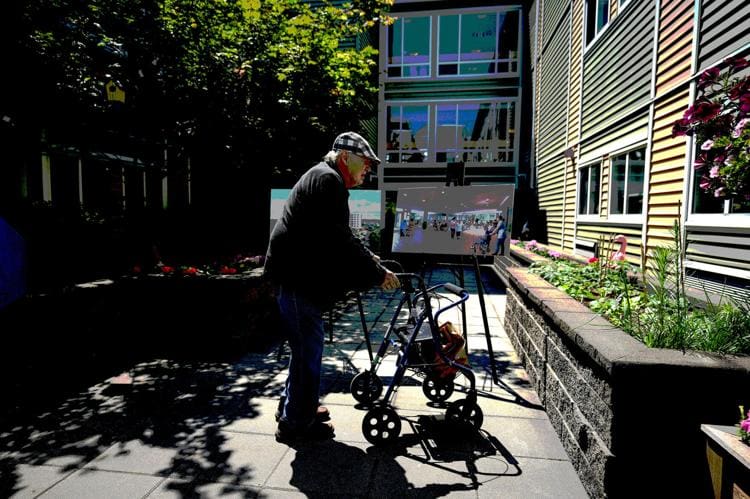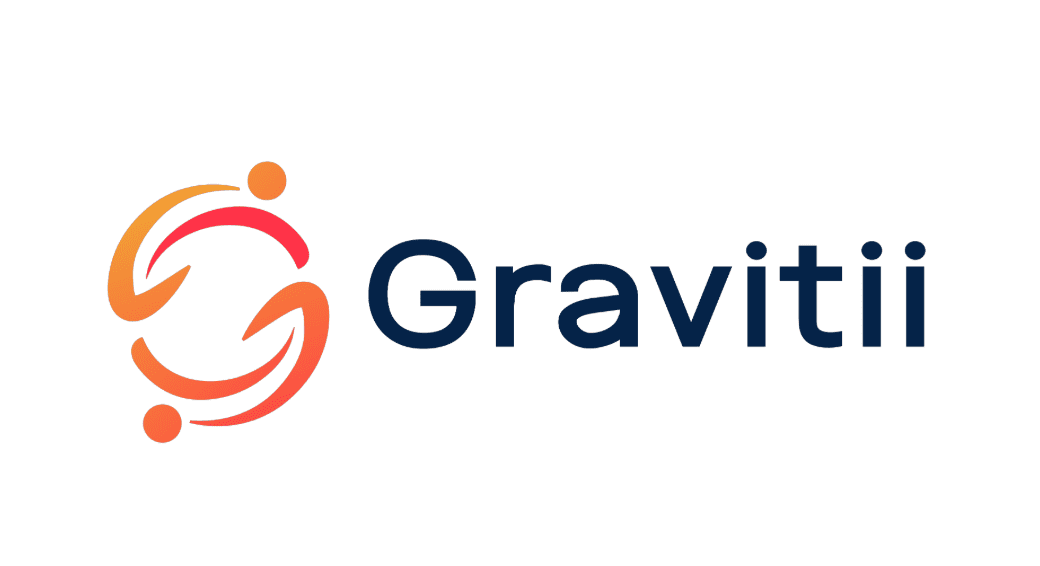Kelowna-based Gravitii Care hopes to re-define health care one connection at a time. The company, started last year by Kelowna entrepreneur Jeff Van Dyk and Victoria medical doctor Kevin Wade – he did his residency in Kelowna – have developed a marketplace that matches patients with home-care providers.
Van Dyk said the insight that led to the Gravitii concept is what he terms the market failure in North American home care.
He pointed out that aging adults prefer to receive care at home while Covid-19 underlined the risks associated with institutionalization and long-term care.
“Home care is an underserved industry with a huge need and demand and with our aging population, the problem will continue to worsen,” he said.
“When I learned about the idea, it just felt right and something that I wanted to dig into as a way to change and improve our health-care system.”
A 2020 survey conducted by the National Institute on Aging showed most people prefer receiving care at home, with 37 per cent saying they would borrow money to stay at home.
However, the two men claim both public health authorities and private care companies have failed to meet this need.
Each year in B.C., more than 40,000 people receive 8.8 million hours of home support delivered by almost 10,000 community health workers. The Canadian Institute for Health Information predicts Canada’s 65-plus population will grow by 68 per cent over 20 years from 2017 to 2037, to 10.4 million, while the over-75 population will more than double.

Some of these older adults will require admission to residential care. In the 2016 census, 6.8 per cent of Canadians 65 and older needed a nursing home, and 30 per cent of those age 85 and older did.
“We are on a mission to disrupt the health-care system in North America by connecting people with needs to those that can help,” Van Dyk said from his Kelowna office.
“The platform will focus on matching the patients’ specific needs to a care providers’ available skills while considering location and preferences.”
Gravitii won’t employ care providers like a traditional home-care company.
“Rather, we will create opportunities for home-care workers to have more control over their work by giving them more autonomy.
“They can set their own schedule, determine their fees, and ultimately decide what services they are willing and capable of offering,” said Van Dyk, whose previous company, CoreHealth Technologies was sold two years ago after growing to more than $3.5 million in annual revenue, and employing more than 30 staff.
“We will do this by following the example that has been set by companies like Airbnb, Uber, Skip the Dishes and other gig-based solutions.”
Before becoming a palliative-care doctor in Victoria, Wade, Van Dyk’s partner in Gravitii, served one tour in Afghanistan as an infantryman.
“Patients should be looked after in the environment they wish, including at home,” Wade said. “Care providers are at their best when they form a therapeutic relationship with their patient over time.
“I’ve seen too many people living, and dying, in institutions because they are unable to find effective home care.”
He has seen first hand the challenges his patients have had finding timely, cost-effective and consistent home care while health-care aides and community health-care colleagues are burning out, underpaid and over managed.
“Gravitii solves that problem by using technology to replace bureaucracy.”
With Gravitii, patients and care providers are matched using Gravitii algorithms by preference, requirements and proximity.
“Gravitii is special because it focuses on people and not on policies. Most Canadians want to stay in their homes as they get older and together we are going to keep them there.”
Two Kelowna home-care aides say they are thrilled to use Gravitii.
“I have been in health care for 10 years and all over the spectrum, but this is finally something that would benefit me in all aspects,” said Nicole Miller.
She said Gravitti allows her to set her own hours, cut out the middle man, and pick and choose her clients.
“With Gravitii, you’re doing your own thing within your own scope of practice and your limits.”
Pamela Evans, who has been a care aide for eight years, wholeheartedly agrees with Miller.
“This is a win-win for both sides, for the client or patient and for me as the care provider. It’s such a brilliant way to connect the needs of the community, with the skilled people providing care.
“There’s such a feeling of satisfaction on my end, and, for them, a huge sense of relief having a care provider that they can trust.”
Original article by Ross Freake on November 1st, 2023 available on The Daily Courier.








